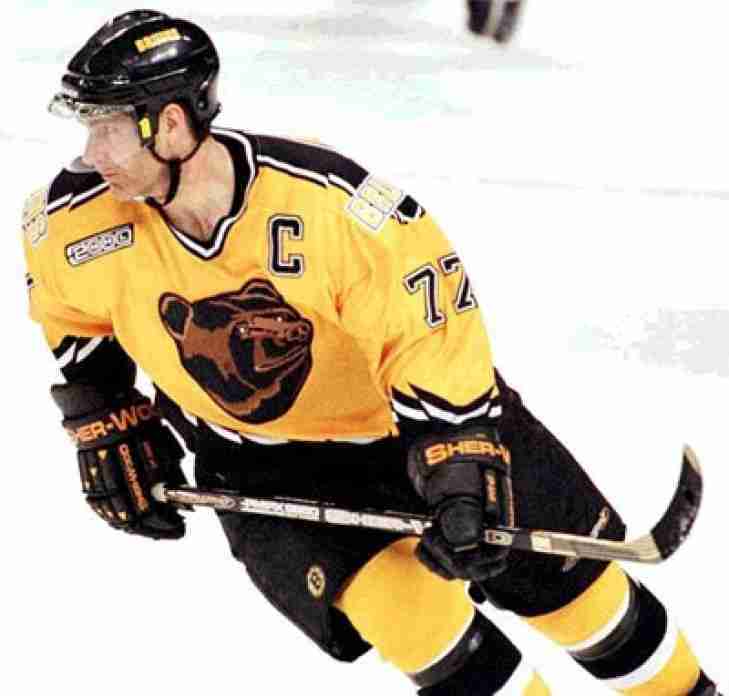Site Admin
Cam Neely
Jul 17, 2015
Published in
2005 Hockey Inductees
One of the most popular players ever to put on a Boston Bruins uniform (and doesn’t that say something!) Cam Neely’s career was taken away far too soon. Neely fought countless injuries, which although is typical for hockey players was exasperated by his attacking style of play. He was a natural goal scorer who three times hit the 50 goal mark, most impressively in the 1993-94 season when he only played 49 games in another of his injury plagued campaigns. Neely would never play more than fifty games in a season after the age of 25, and by 31 his injuries forced him to retire. Although his career numbers from his era may not seem Hall of Fame worthy, he is a four time Second Team All Star selection which indicates his merit in Toronto.
Ray Borque
Jul 16, 2015
Published in
2004 Hockey Inductees
Arguably the top Defenceman in his era, Ray Bourque would finish his career as the highest scoring blueliner in NHL history. Bourque would be named to a staggering nineteen Post Season All Star Teams and would win the James Norris Trophy five times.
Paul Coffey
Jul 16, 2015
Published in
2004 Hockey Inductees
Paul Coffey was the most gifted offensive Defenseman of the 1980’s. Five times that decade, he would hit the 100 point mark, including four 30 goal seasons. His dominance would show in his trophy room with a pair of Norris Trophies (he would win a third in 1995) and seven All Star Team selections, with again another in that 94-95 campaign. Coffey was most known for his initial run with the Edmonton Oilers, where he won the Cup three times with the dynamic Oilers squads.
Larry Murphy
Jul 16, 2015
Published in
2004 Hockey Inductees
Although Larry Murphy is a four time Stanley Cup winner and one of only a handful of Defenceman with over 1,000 points (he actually has 1,216), he never seemed to get his due. It is not hard to understand why, as Murphy played at a time when Paul Coffey and Ray Bourque won multiple Norris Trophies and were scoring at a Bobby Orr like rate. Murphy was also a member of Cup teams where he was not considered among the top three players on the team; or at least that was the perception. What also worked against Larry Murphy was that his career was not associated with any one team, as he played for six different ones, never longer than six years.




